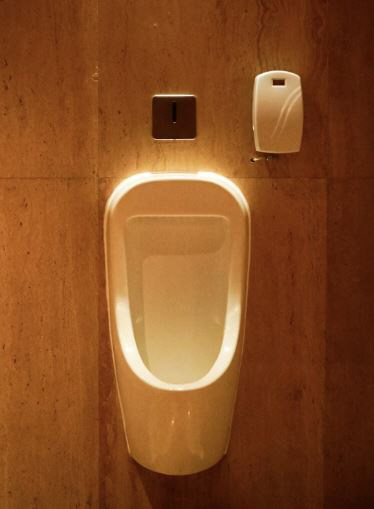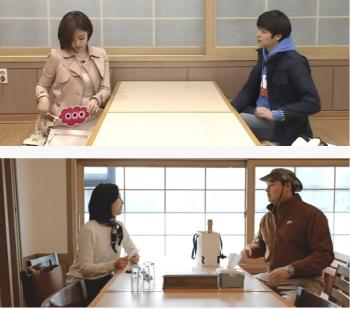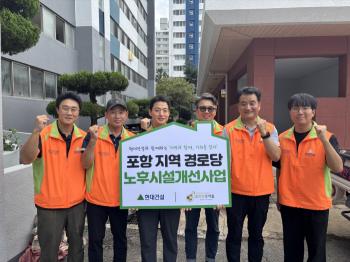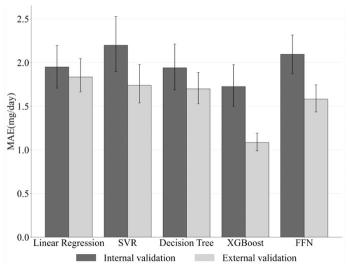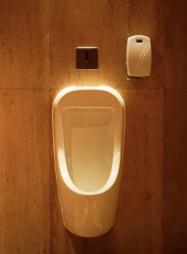Korean men's urination disorder disease has higher drug treatment rate than U.S
Nov 21, 2025
|
Among these, a domestic study found that Korea tends to treat urinary diseases centered on drugs, while the United States actively conducts customized treatments such as conservative treatments, drugs, and various surgeries.
Chung Hyeon-cheol, a professor of urology at Gangdong Sacred Heart Hospital, analyzed big data from the Health Insurance Review and Assessment Service to identify the current status of treatment for prostate hypertrophy, irritable bladder, and urinary diseases in Korea and compared them with large-scale medical data in the United States to objectively identify the difference in treatment methods between the two countries.
According to the study, medical expenses for major male urination disorders such as prostate hypertrophy, irritable bladder, and urination have increased significantly over the past five years in Korea, with the number of prostate hypertrophy patients increasing by about 15% from 1.3 million in 2019 to 1.5 million in 2023. In addition, treatment medical expenses increased by about 60%, and the number of major drug prescriptions increased by more than 50%. On the other hand, the number of prostate hypertrophy surgeries within the same period increased slightly from 11,82 to 12,698. Professor Chung said, `We are concerned about excessive use of drugs because drug treatment is possible at no cost under the national health insurance system in Korea.'
On the other hand, in the case of the United States, not only drug treatment but also tertiary treatment such as surgery, neuromodulation, and Botox injection was actively performed depending on the patient's condition. In fact, the number of botox injections in the United States increased eight-fold from 252 in 2013 to 2007 in 2018, but Korea slightly increased from 347 in 2019 to 571 in 2023.
In addition, the prescription safety of urinary treatment in Korea was also mentioned as a remarkable research result. In the case of a prescription drug 'desmopressin', which is not recommended for older prescriptions, the prescription rate is around 1 to 3% in the United States, but about 20% in South Korea prescribes it. The American Geriatrics Association revealed that drugs that require attention due to side effects such as hyponatremia are commonly used in Korea.
Professor Jeong "Through this study, objective data confirmed that urination disorders in Korean men are mainly performed on medication, and that treatment options are narrow and the stability of the elderly is deteriorating compared to the United States."Institutional improvement is needed to enable optimal customized treatment suitable for patient conditions" he said.
Meanwhile, the study was published in the SCI-level international men's health journal 『World J Mens Health" published by the Korean Men's Science Association.
|
This article was translated by Naver AI translator.
